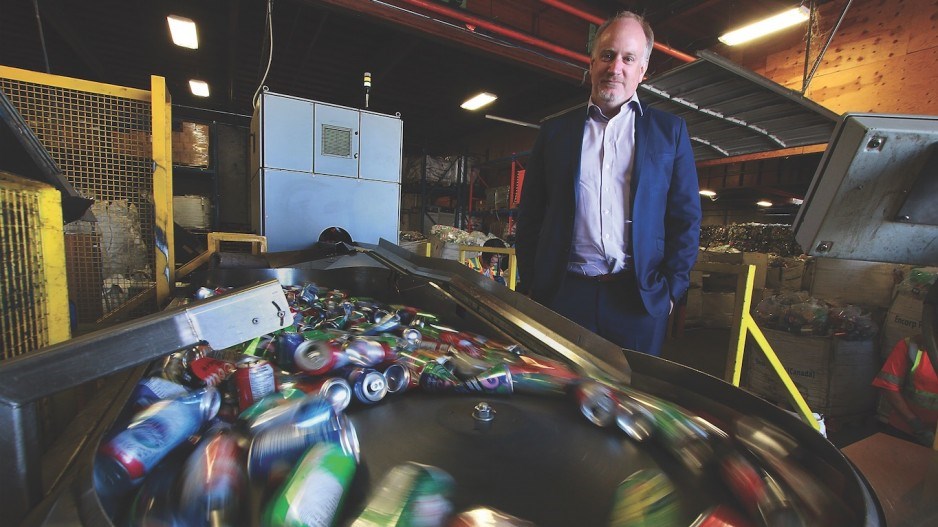When Canadian Prime Minister Justin Trudeau this month promised to devise a plan to ban single-use plastics by 2021, he stoked fears among global manufacturers that countries will start imposing their own bans on specific materials, instead of working in tandem with other nations.
Canada’s ban is expected to mainly target plastic straws, water bottles and bags, but it may extend to certain packaging materials.
That worries executives at firms such as Mars Inc., the diversified manufacturing giant known for its namesake candy bar along with dozens of other food and pet brands such as M&M’s, Snickers, Uncle Ben’s, Whiskas and Pedigree.
“One of the worst outcomes here would be different countries and different geographies having completely different rules, and completely different systems, which means that it stops being viable for us to have globally consistent packaging formats,” Mars Inc.’s global vice-president for sustainability, Kevin Rabinovitch, said during a panel discussion at the Consumer Goods Forum’s global summit in Vancouver June 12.
“Globally consistent packaging formats help us lower costs, innovate, drive food safety, and it lets us have a factory in one country that could export to multiple countries off one set of [manufacturing] assets.”
Rabinovitch said that if his company had to have factories in a wide range of countries to meet diverse packaging standards, it would add costs while failing to solve the problem of plastic in the global ecosystem.
Rabinovitch, whose company Forbes last year ranked as the sixth-largest privately held company in the U.S. with about 100,000 employees and US$35 billion in revenue, said he’s “optimistic” that the problem can be solved, though he finds the prospect of a gauntlet of regulatory regimes worrisome “because that creates a real risk,” he said.
At least one Vancouverite who has devoted his career to promoting recycling and reducing waste shares Rabinovitch’s concerns.
“Everyone wants to address the plastic issue, and I think what we’re all worried about is that there will be a knee-jerk reaction which puts some heavy-handed government intervention [into law] and that that intervention is different in each jurisdiction,” said Allen Langdon, CEO of Encorp, the operator of B.C.’s Return-It program, which provides refunds to consumers for bringing in used beverage containers, among other items.
Until last summer, he headed Recycle BC, which operates the province’s opt-in blue-box program that allows municipalities to provide recycling services for items that do not carry refundable deposits for consumers.
B.C.’s recycling system comprises that program and Return-It, and there are another couple of dozen different recycling systems operating in the rest of Canada.
Langdon told Business in Vancouver that national bans against specific materials are a particular concern because of the use of multi-laminate plastics – fused layers of polymers that can be used as wrappings in candy bars.
“Say you can’t use a Mars bar wrapper for a Mars bar anymore – that would be a challenge,” he said.
The good news, according to Langdon, is that there are global efforts to create a synchronized approach to plastic use.
The Ellen MacArthur Foundation, for example, in October launched its New Plastics Economy Global Commitment, which aims to unite businesses, governments and other organizations toward addressing plastic waste and pollution at its source.
That initiative, which is in collaboration with UN Environment, has attracted more than 400 signatories, including more than 200 businesses that are part of the plastic-packaging value chain, representing more than 20% of all plastic packaging used globally, said Sander Defruyt, who is leading the initiative.
Signatories also include at least 16 governments on five continents. At last count, however, that list did not include Canada.
“Having a critical mass of stakeholders aligned behind one common vision is an absolutely crucial first step if you want to change a global system, with so many actors involved,” Defruyt said. •




